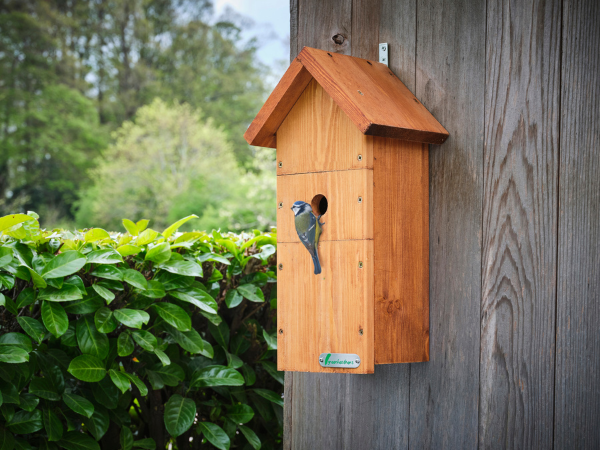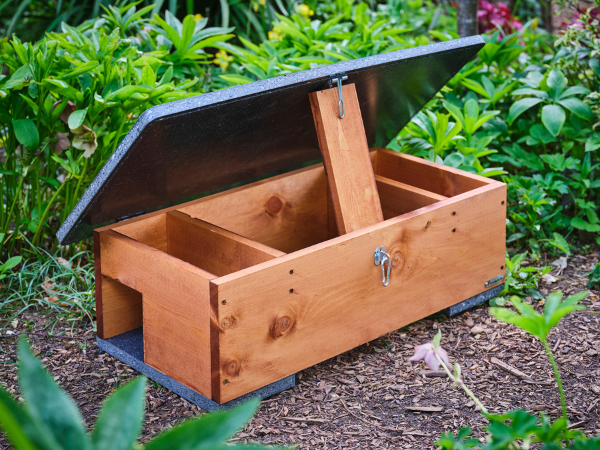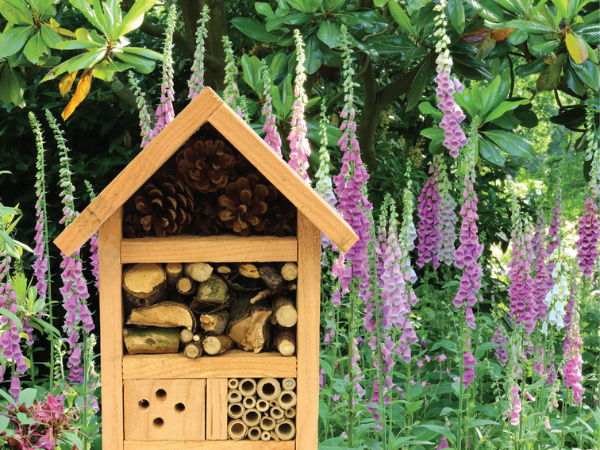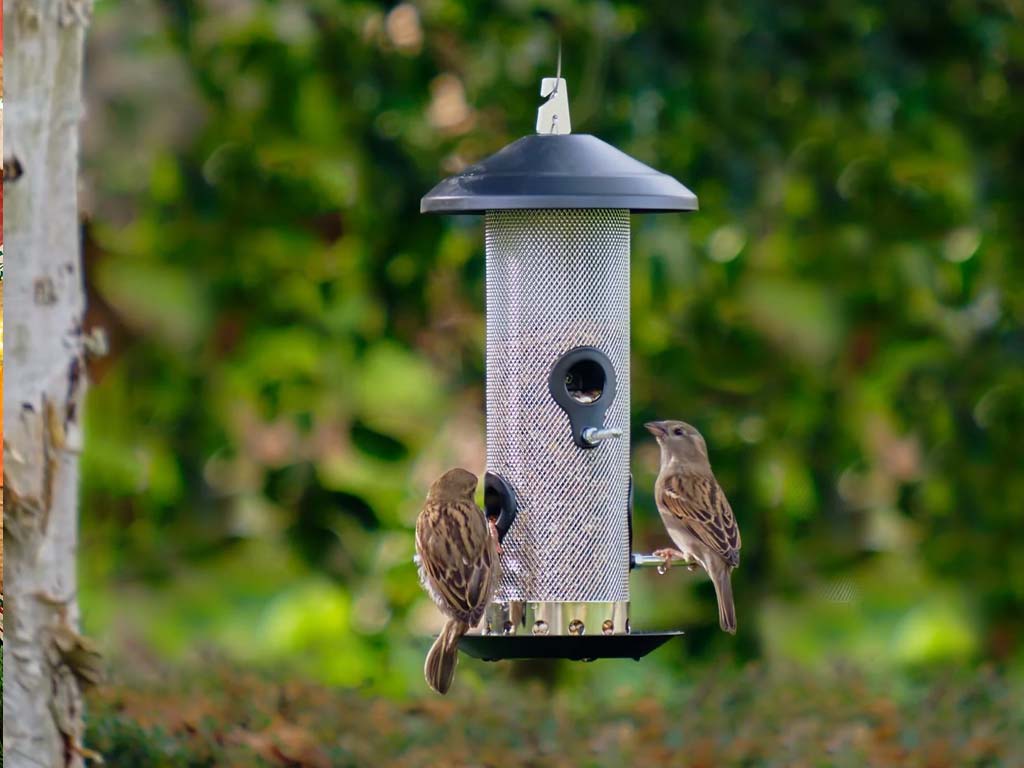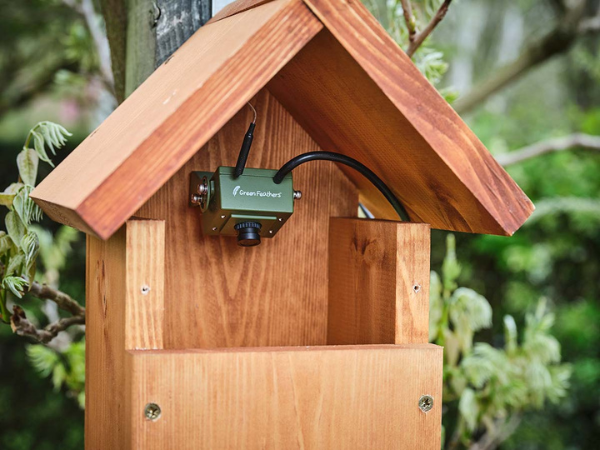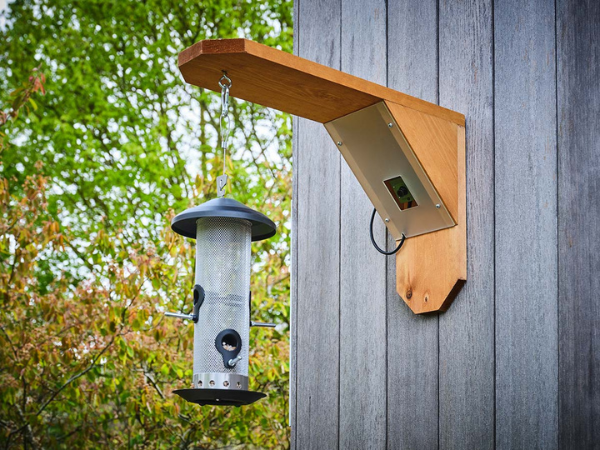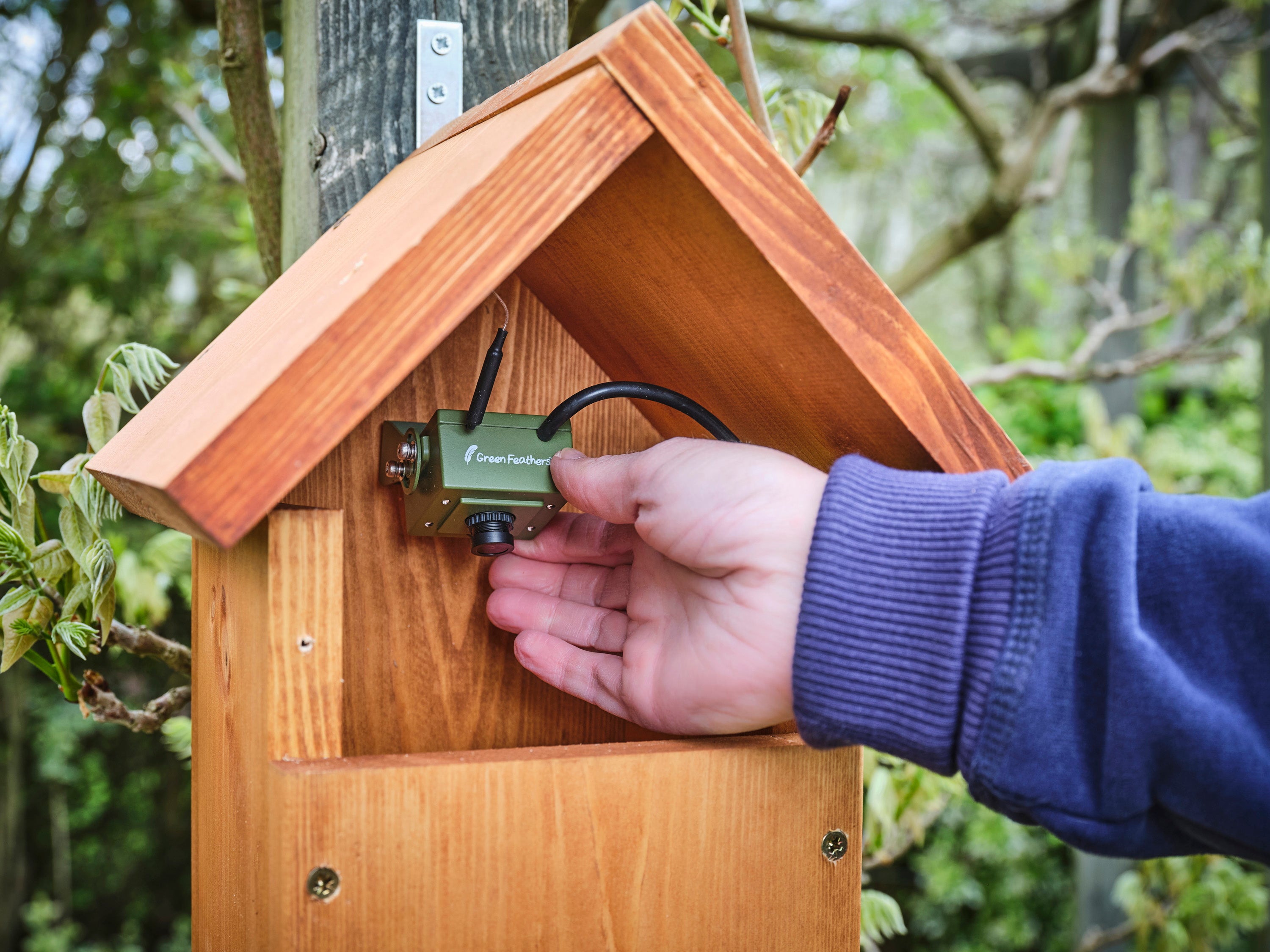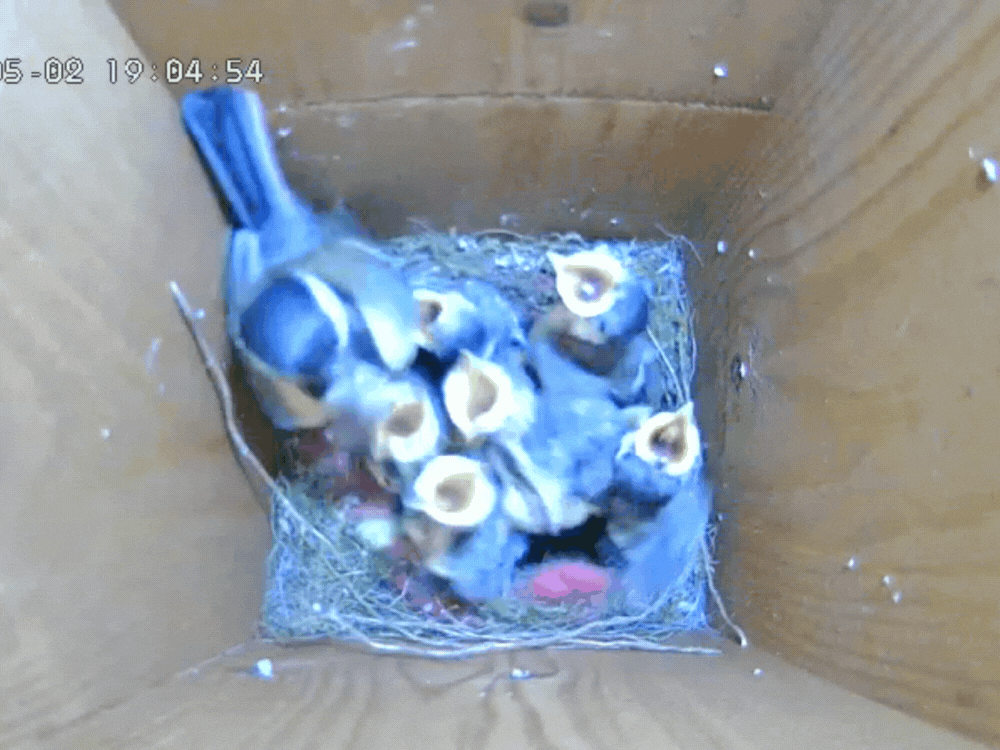Considering a hedgehog as your next pet? These spiky, curious creatures are undeniably fascinating, but they come with unique challenges that potential owners must consider, especially if you’re in the UK.
Whilst it is legal to keep an African Pygmy Hedgehog as a pet, there are strict welfare guidelines to follow, and the idea of keeping a hedgehog as a pet may not sit well with everyone.
From understanding the legalities and ethical concerns to evaluating whether hedgehogs make good companions and if you can meet their needs, this guide will help you navigate the complexities of hedgehog ownership. And if you decide it’s not for you, we have a bunch of other ideas for the hedgehog-sized hole in your heart instead!
So, whether you're a seasoned pet owner or new to the world of exotic pets, it’s crucial to weigh the pros and cons before deciding if a hedgehog is the right fit for your home. Keep reading as we tell you all you need to know.
Can you keep a hedgehog as a pet in the UK?:
In the UK, it is technically legal to keep a hedgehog as a pet.
African Pygmy Hedgehog
Whilst there are different species of hedgehogs from all around the world, in the UK, it is only legal to own an African Pygmy Hedgehog as a pet. However, under the Animal Welfare Act, owners must be able to meet all the welfare needs of the hedgehog, including providing the hedgehog with every opportunity to display its normal behaviours, such as foraging for live insects. It is also worth noting that there is increased concern over the population rates of this species of hedgehog, due to both legal and illegal pet trade, so many find it immoral to keep one as a pet.
European Hedgehog
You cannot keep a hedgehog you would find in your garden - a European Hedgehog - as a pet. This breed of hedgehog is protected across all countries, including the UK, and as such, it is illegal to keep one as a pet.
Are hedgehogs good pets?
Many consider African Pygmy Hedgehogs to be good pets, due to their small size. However, it is important to know that all hedgehogs have very complex personalities, needs, and behaviours - unlike many other pets. As such, many people could struggle to successfully keep one as a pet. These include:
- Salmonella - Hedgehogs, like reptiles and many other animals, carry salmonella. Therefore, for families with young children or those with weakened immune systems, they are not considered to be a good pet.
- Diet - Hedgehogs need a very specific diet, in order to thrive. The correct hedgehog food may be difficult to find, should you not know where to get it from.
- Exercise - Hedgehogs are nocturnal animals, so will only be awake at night - keeping you up too. This is when you will need to provide them with exercise and allow them to forage between dusk and dawn, which many may struggle to do with their current lifestyles.
- Vet care - Hedgehogs, as pets, are classed as exotic pets. Standard vet insurance will not cover the costs for caring for a hedgehog, which will need to be regular, and finding a vet that can treat a hedgehog may prove difficult.
- Behaviour - Hedgehogs are solitary by nature and may not want to be handled like other pets. They are also instinctively wild animals, and will need to be able to act accordingly (mandated as part of the Animal Welfare Act).
- Habitat - As hedgehogs are instinctively wild animals, they do not fair well in a small enclosure. Keeping one as a pet will require an extremely spacious enclosure, which many may not have the room to provide.
Pros and cons of owning a hedgehog as a pet
Like with any pet, there are advantages, as well as challenges, to keeping a hedgehog as a pet:
Pros
1. Low allergen risk
Hedgehogs don’t shed fur like cats and dogs, which makes them hypoallergenic, and means they shouldn’t cause an allergic reaction in most people.
2. Compact size
African pygmy hedgehogs are small and, as such, they are found to be easy to handle due to their manageable size (around 5-8 inches long).
3. Low odour
Hedgehogs generally do not produce strong odours, especially if their enclosures are cleaned regularly.
4. Quiet pets
Hedgehogs are not noisy animals; they don’t bark, meow, or chirp loudly. Their sounds are usually limited to snuffling, hissing, or occasional squeaking, and this happens at night - due to being nocturnal creatures.
5. Independent nature
Hedgehogs are relatively independent and don’t require as much constant attention like dogs or some other pets, making them suitable for people with busy schedules. Generally, they are most content on their own, as long as their needs are met.
6. Unique personality
Hedgehogs are fascinating animals with distinct personalities. Once socialised, they can form a bond with their owner, though this does vary from hedgehog to hedgehog - like with any animal.
Cons
1. Nocturnal habits
Hedgehogs are nocturnal, meaning they are most active during the night. This might not be ideal for people who prefer a pet that is active during the day. Their nocturnal habits could also be considered quite noisy, especially in the quiet of the night, which may disturb yourself or members of your family.
2. Dietary needs
Part of a hedgehog’s diet should include insects, which they should be able to forage for themselves. This might be inconvenient for some pet owners to provide. However, the rest of what hedgehogs eat results in them having specific dietary needs, and poor diet choices can lead to health problems.
3. Potential health issues
Hedgehogs are prone to certain health problems, such as obesity, dental issues, mites, and in some cases, a condition called Wobbly Hedgehog Syndrome (a degenerative neurological disease). Vet care for exotic pets can be more expensive, as standard vet insurance will not cover the costs, and harder to find.
4. Specialised care requirements
Hedgehogs need specific care, including a controlled temperature, a large enclosure, a proper diet, and regular health monitoring. This can be more demanding than some other small pets. Hedgehogs can also easily become stressed by changes in their environment or routine, which may affect their behaviour or health.
5. Cost of care
Caring for a hedgehog, due to their specialised care requirements, can be incredibly costly. This not only includes the initial setup costs (e.g., enclosure, heating equipment, food, etc.), but also their ongoing veterinary care - as they are classed as exotic pets.
6. Limited social interaction
Unlike dogs or cats, hedgehogs aren’t typically cuddly or social pets. Their quills can be sharp and uncomfortable to handle, especially if the hedgehog is stressed or not well-socialised. If you’re looking for a pet to interact with frequently, a hedgehog may not meet those expectations.
7. Potential difficulty in bonding
Hedgehogs can be shy or even prickly, both literally and figuratively. Bonding with them can take time, patience, and effort. Due to their independent nature and limited social interaction, they may not bond with their owner, at all.
8. Short lifespan
With proper care, a hedgehog can live for up to 4-6 years. This is much shorter than many other small animals, leading to a shorter pet companionship experience.
9. Hibernation
Hedgehogs hibernate, meaning that they ‘sleep’ throughout the colder months. For those wishing to have a year-round pet, they may be quite dissatisfied.
10. Legal and ethical considerations
In some places, keeping a hedgehog as a pet is illegal or requires special permits, which can be a barrier for potential owners. In the UK, whilst it is legal to keep an African Pygmy Hedgehog as a pet, it legally must be cared for according to the Animal Welfare Act, which many may not have the capability or resources to do.
Furthermore, the captive breeding of hedgehogs and their place in the exotic pet trade can often have ethical implications, especially if the hedgehogs are not sourced responsibly.
Is a hedgehog the right pet for you?
Considering all the information you have read so far, would you consider a hedgehog as the right pet for you? Many would answer no.
What you can do instead of getting a hedgehog as a pet?
If owning a hedgehog isn’t right for you, what are your other options?
Making your garden hedgehog-friendly
If you have a love for hedgehogs, why not make your garden a sanctuary for them to come into?
To utilise your wildlife-friendly garden and help to protect hedgehogs, you need to make it as hedgehog-friendly as possible - this is what is going to help attract hedgehogs into your garden! This includes:
1. Food and water
Hedgehogs need to eat and drink. Provide your local hedgehogs with a shallow dish of water for drinking, and offer hedgehog food in a sheltered hedgehog feeding station, to keep it dry and safe from other animals.
2. Natural environment
Hedgehogs like a natural environment. Plant a variety of native plants to attract insects, which in turn will provide a natural food source for visiting hedgehogs. You should also maintain a section of your garden as a “wild area” with long grass and those native plants (known as rewilding).
3. Shelter
Hedgehogs need shelter. You can do this by creating log, leaf, or compost piles to provide natural shelters, or by installing a hedgehog house in a quiet, sheltered area in your garden.
4. Nesting materials
Hedgehogs like to nest themselves. Leave out natural materials like leaves, straw, and twigs for hedgehogs to use as nesting material in their hedgehog house or natural habitat.
5. No hazards
Make your garden safe for hedgehogs. Cover drains and holes to prevent them from falling in, check compost heaps before turning them to avoid injuring any hidden hedgehogs, avoid using slug pellets and pesticides, which can poison them, and avoid using netting to prevent them from getting tangled.
6. Access
Provide your hedgehogs with a way to get in. Make small holes (13 cm x 13 cm) in fences or walls to allow hedgehogs to move between gardens.
Volunteer with hedgehogs
What else can you do to help to protect local hedgehogs?
Volunteer with local hedgehog charities! Here, you will be able to support in rescuing and conserving hedgehogs, hands on.
However, if you don’t have the time to do so, you can also donate to these local charities or national organisations in the UK, such as The British Hedgehog Preservation Society, the RSPCA, and Hedgehog Street.
Get an alternative pet
If a hedgehog doesn’t seem like the right fit, there are plenty of other small pets that might suit your needs better. Here are some alternatives:
1. Hamsters
Hamsters are low-maintenance, small, and relatively easy to care for. They come in various breeds, such as Syrian and dwarf hamsters, each with its own personality traits. They are also nocturnal, and some breeds, like Syrian hamsters, are solitary and should be housed alone.
2. Guinea pigs
Guinea pigs are social, gentle, and enjoy interaction with their owners. They have a longer lifespan (5-7 years) and are more active during the day, making them great companions. They require a larger cage, a diet rich in hay and fresh vegetables, and regular grooming, especially for long-haired breeds.
3. Gerbils
Gerbils are social, energetic, and easy to care for. They are less likely to bite and are diurnal (active during the day), making them more suitable for daytime interaction. They are burrowers, so they require deep bedding for digging, and they do best in pairs or small groups.
4. Rats
Rats are highly intelligent, social, and can be trained to perform tricks. They are affectionate and bond closely with their owners. They require a spacious cage with plenty of enrichment, such as toys and climbing opportunities. Rats have a relatively short lifespan (2-3 years).
5. Mice
Mice are small, inexpensive, and easy to care for. They are active and entertaining to watch, especially in groups. They are nocturnal and can be skittish, requiring gentle handling. They also have a strong smell if their cage isn’t cleaned regularly.
6. Dwarf rabbits
Dwarf rabbits are friendly, social, and can be litter-trained. They have a relatively long lifespan (7-10 years) and enjoy interaction with their owners. They require a larger living space, a diet rich in hay, fresh vegetables, and regular grooming. They also need regular exercise outside their cage.
7. Chinchillas
Chinchillas are clean, odourless, and have a long lifespan (10-15 years). They are active and enjoy exploring and climbing. They require a dust bath several times a week and need a large cage with multiple levels for exercise. Chinchillas can be shy and require gentle handling.
8. Degus
Degus are social, diurnal rodents that enjoy interacting with their owners and other degus. They are curious and active, providing plenty of entertainment. They require a large, multi-level cage and a specialised diet that is low in sugar. Degus should be kept in pairs or groups.
Want to learn more about hedgehogs? Find more resources on our blog, like our hedgehog facts & how to help them, or contact us today for expert info on everything hedgehog.





